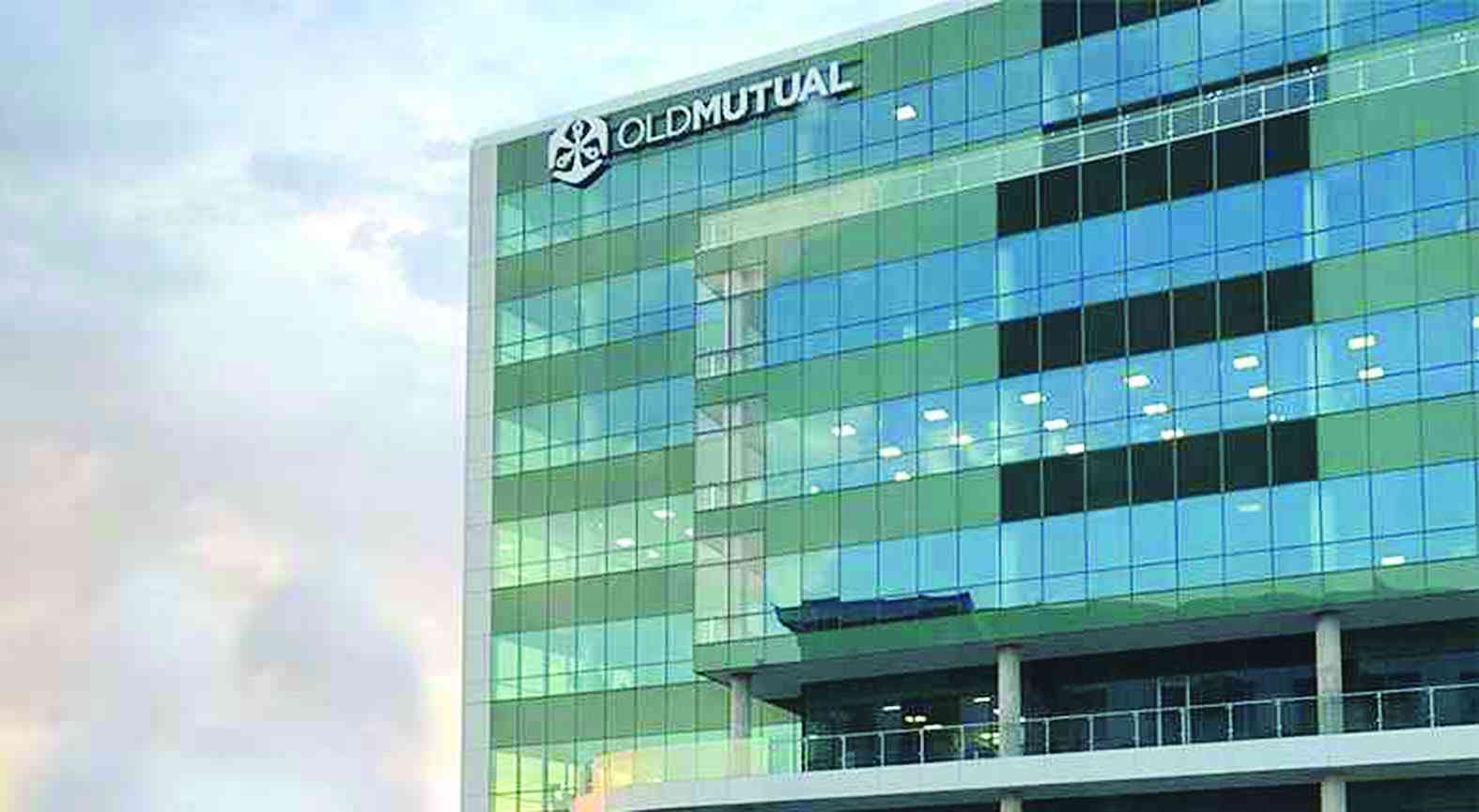FINANCIAL services group, Old Mutual Zimbabwe (OMZ), has moved to report in hard currency across key subsidiaries to reflect growing US dollar inflow, positioning the business for greater transparency and comparability.
The move underlines stronger foreign currency earnings across its operations.
For the half year to June 30, 2025, the group posted a profit after tax of ZiG264,81 million, compared to ZiG475,98 million in the prior period, a variance mainly due to one-off accounting adjustments under hyperinflationary conditions.
“The group delivered a profit after tax of ZiG265 million for the six months ended 30 June 2025 (30 June 2024: ZiG476 million),” OMZ group chief executive officer Sam Matsekete said in a statement attached to the group’s half-year report ended June 30, 2025.
“This decline primarily reflects a change in the accounting basis - shifting from local (ZiG) currency to United States of America dollars (USD) functional currency across some key subsidiaries - as we align our reporting with increased hard currency inflows.
- Masholds prioritises asset growth
- African aviation bodies, Comesa collaborate on green transition
- Mutapa Fund official accused of office abuse
- Qatari firm boosts Muzarabani oil, gas project
- First Capital Bank Zim profit after tax up 128% in H1
“In the prior period, exchange gains and fair value adjustments under hyperinflationary conditions inflated reported earnings. Excluding these non-recurring impacts, underlying business performance was stable and reflects operational resilience across our segments.”
The core performance being stable can be seen in the group recording a 77,1% increase in total revenue and other income to ZiG2 billion during the half year from the comparative period.
The increase was largely driven by a 67,9% jump in insurance revenue to ZiG1,03 billion from the comparative period.
Further, the group recorded a strong turnaround in its non-banking investment portfolio, with returns rising to ZiG618,62 million in the half year under review, overturning a loss in the prior period.
“Our insurance operations remained solid. The life business recorded a real growth of 80% in insurance revenue, driven by stronger underwriting volumes. The general insurance business posted an underwriting margin of 11%, reflecting disciplined risk pricing and improved claims experience,” Matsekete said.
“In banking and lending, the shift toward USD lending, combined with strong transactional activity, supported a real growth of 9% in non-funded income. The non-performing loan ratio at CABS improved to 0,9% from 1,5% in the prior year, while the micro-finance unit faced liquidity-related repayment
delays, which we are closely monitoring.”
He said the group secured dedicated funding for lending to smallholder farmers, advancing OMZ’s inclusive finance agenda, under the microfinance unit.
“The mix of our loan book continues to evolve as we expand access to underserved markets,” Matsekete added.
Loans and advances rose to ZiG6,87 billion during the period under review, from ZiG5,25 billion in the comparable period last year.
Commercial and industrial loans dominated this lending portfolio, followed by unsecured personal loans and housing.
This helped drive total assets to ZiG42,22 billion for the period under review, leaving OMZ with a stronger balance sheet.
In the prior year, OMZ’s total assets were ZiG39,77 billion.
“The investment management business grew funds under management by 4% year-on-year. Net client cash flows of ZiG1,045 billion were recorded, with ZiG331 million allocated to alternative assets,” Matsekete said.
“In the property portfolio, occupancy levels averaged 80%, while rental collections improved to 81%, up from 75% last year. These results reflect both resilient asset quality and enhanced credit controls.”
Looking ahead, OMZ’s board and management have aligned to modernise its legacy business model, adapt faster to shifting customer needs and embed a culture of disciplined execution.
“Our strong capital position enabled us to maintain investment momentum in strategic growth areas and to sustain growth in our loan book. Underwriting discipline also sustained strong risk margins over the first half,” OMZ chairperson Constantine Chikosi said.
“The board remains focused on supporting the group’s strategic repositioning, anchored in digital transformation, customer-centric innovation, organisational agility, and long-term sustainability. We continue to engage proactively with regulators, shareholders, and communities to advance inclusive financial services across Zimbabwe.”













